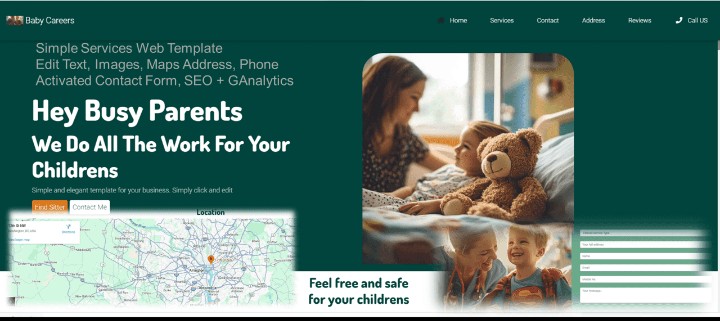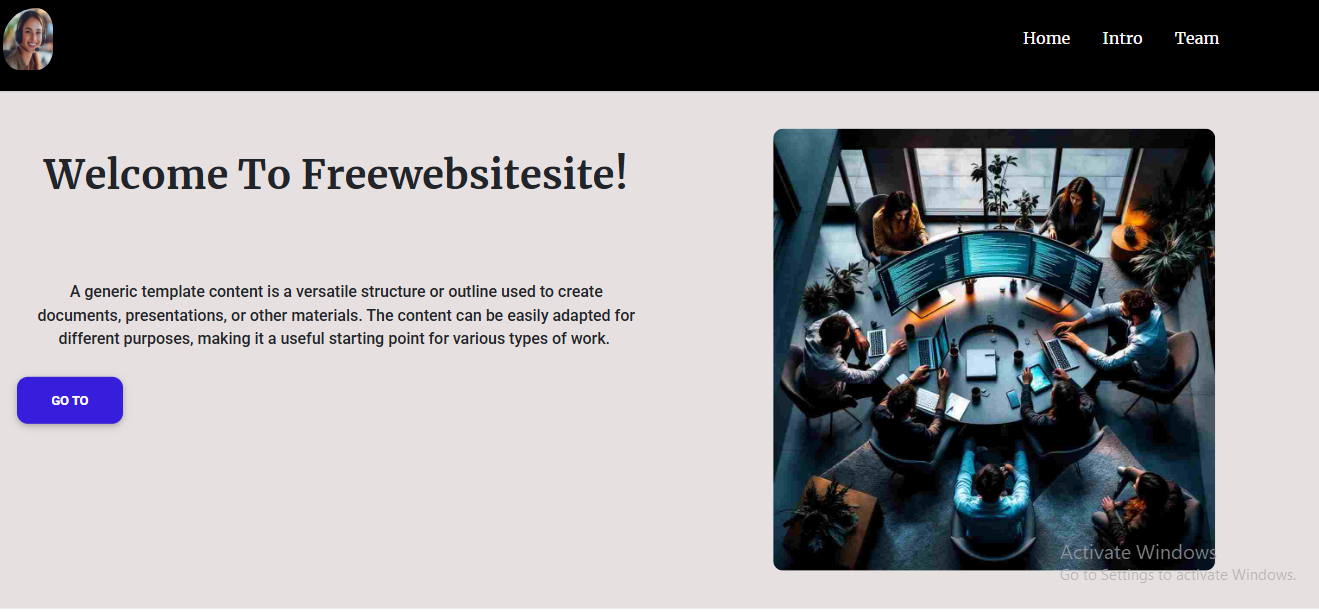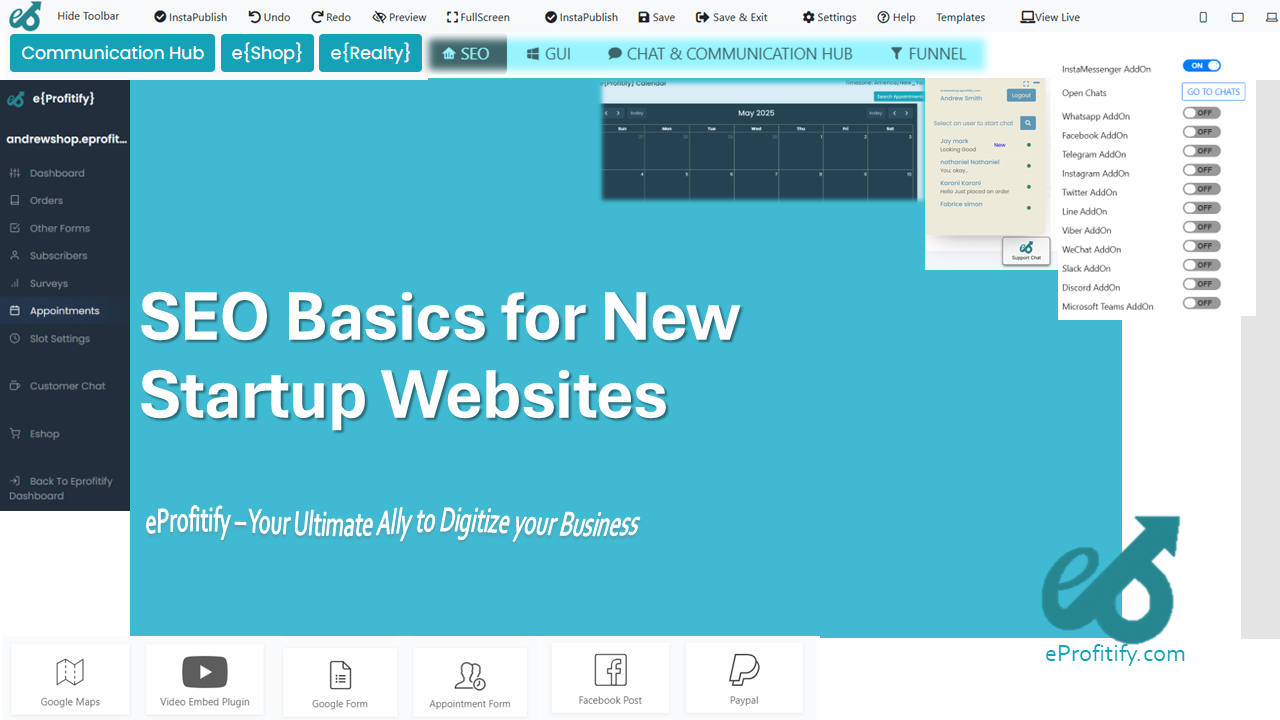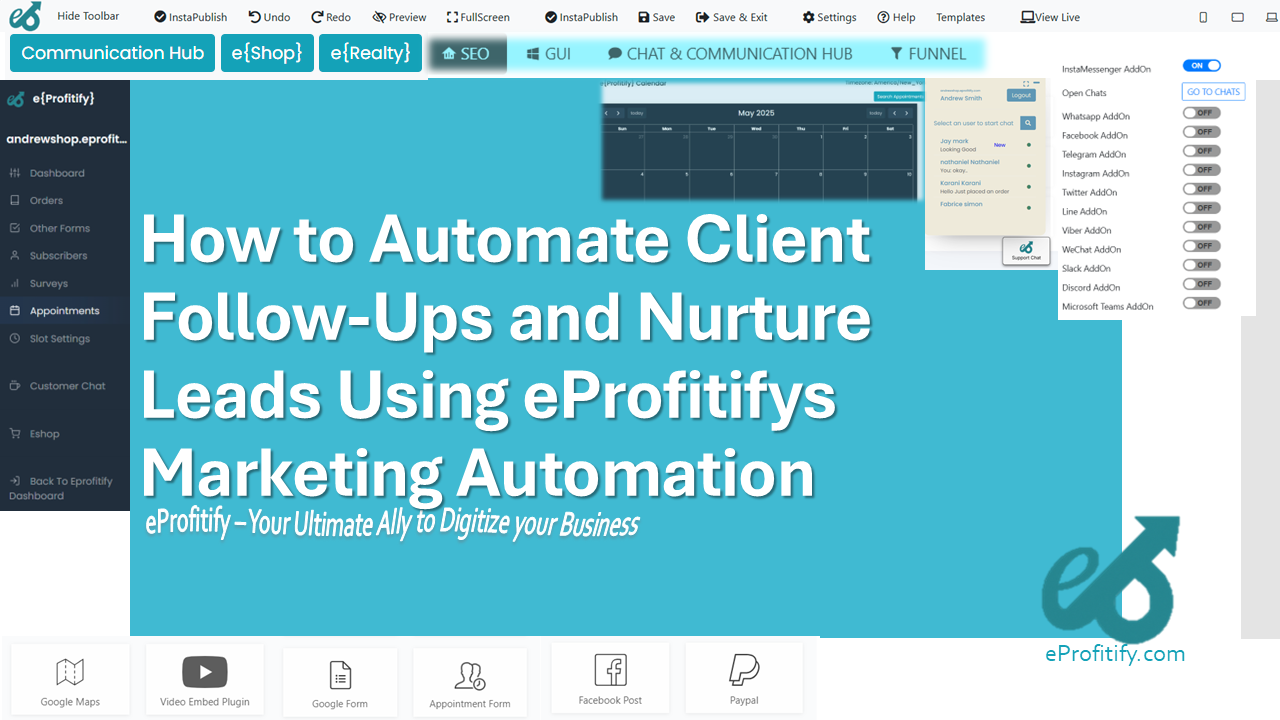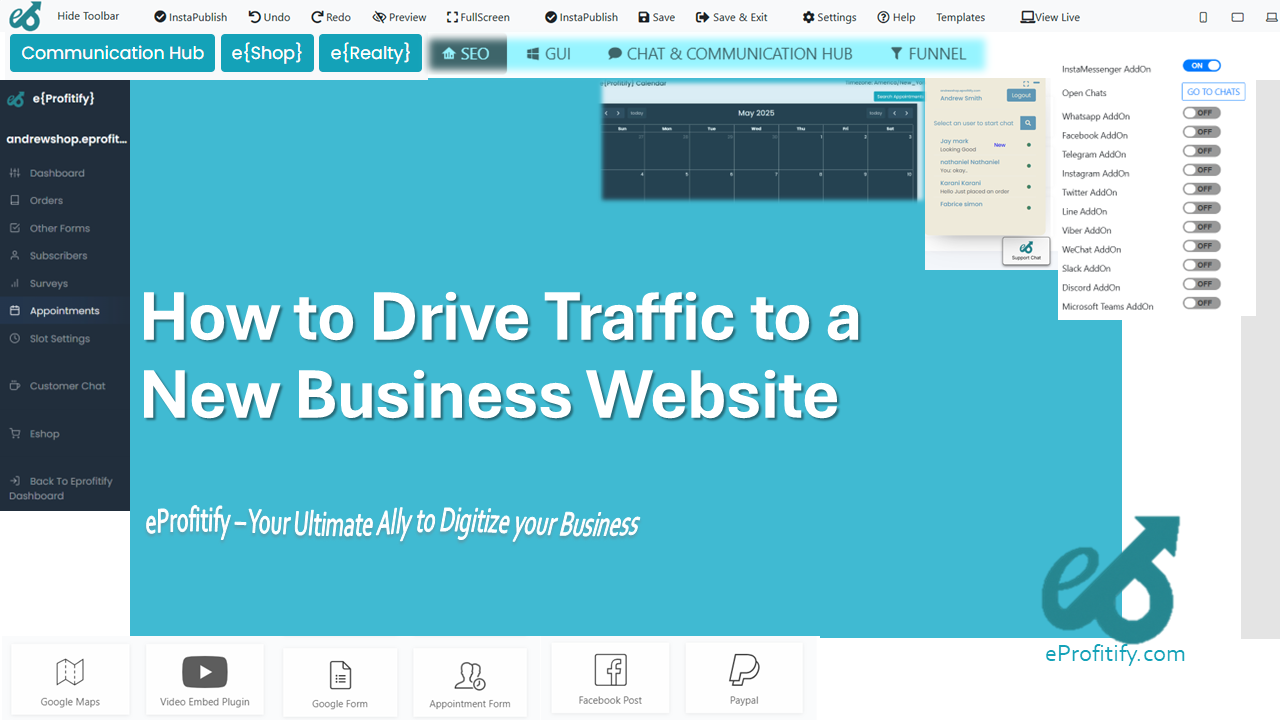How to Monitor Your Restaurants Online Reputation
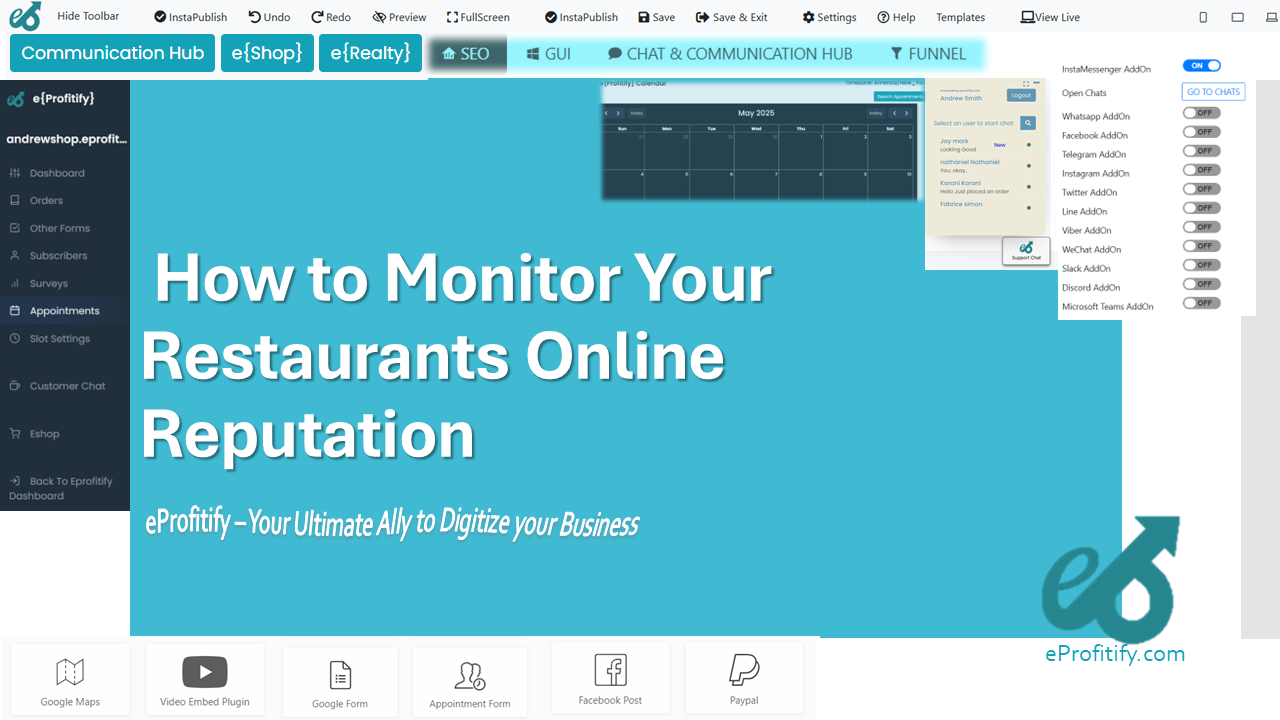
How to Monitor Your Restaurant's Online Reputation: Strategies, Statistics, and Tools Like Eprofitify
In today’s digital-first world, a restaurant’s online reputation can make or break its success. With 87% of consumers reading online reviews for local businesses—including restaurants—before deciding where to dine, managing your digital footprint is no longer optional. Negative reviews, unanswered feedback, or inconsistent branding can deter potential customers, while proactive reputation management can boost visibility, trust, and revenue. This guide explores actionable strategies for monitoring your restaurant’s online reputation, backed by statistics, and highlights how tools like Eprofitify streamline the process with powerful features like CRM, instant messaging, and ecommerce integration.
Why Monitor Online Reputation? The Impact of Digital Word-of-Mouth
Online reviews are the modern equivalent of word-of-mouth referrals but with a broader reach. Consider these statistics:
- 94% of consumers say a negative review has convinced them to avoid a business (BrightLocal, 2023).
- A one-star increase on Yelp correlates with a 5–9% revenue boost (Harvard Business School).
- 76% of diners trust online reviews as much as personal recommendations.
Ignoring your restaurant’s online reputation risks lost customers and stagnant growth. Conversely, actively managing feedback builds loyalty: 45% of consumers are more likely to visit a business that responds to reviews.
Key Metrics to Track
- Star Ratings: Maintain an aggregate rating of 4+ stars across platforms (Google, Yelp, TripAdvisor). Restaurants below this threshold lose up to 30% of potential diners.
- Review Volume: High engagement signals popularity. Aim for a steady flow of reviews to stay relevant.
- Sentiment Analysis: Identify recurring themes (e.g., praise for ambiance or complaints about service). Tools like Eprofitify offer AI-driven sentiment tracking.
- Response Rate and Time: 89% of consumers expect businesses to reply to reviews within 24 hours. Quick, personalized responses enhance trust.
Tools and Techniques for Effective Monitoring
1. Leverage Free Platforms
- Google Alerts: Track mentions of your restaurant’s name.
- Social Media Insights: Monitor tags, comments, and direct messages on Instagram, Facebook, and TikTok.
2. Review Aggregation Sites
Manage profiles on Google My Business, Yelp, and TripAdvisor. Regularly update hours, menus, and photos to stay competitive.
3. Centralized Reputation Management with Eprofitify
Manually tracking multiple platforms is time-consuming. Eprofitify, a leading website publishing and management tool, consolidates online reputation tracking with features like:
- Review Aggregation: Sync feedback from Google, Yelp, and social media into one dashboard.
- Instant Messaging: Resolve customer queries in real time via chatbots or staff notifications, reducing frustration before it escalates to public reviews.
- CRM Integration: Track customer preferences and history to personalize service, encouraging repeat visits and positive feedback.
Best Practices for Online Reputation Management
-
Respond Promptly and Professionally
- Thank customers for positive reviews. For negatives, apologize sincerely and offer solutions privately.
- Restaurants that respond to reviews see 12% higher revenue growth annually.
-
Encourage Authentic Reviews
- Politely ask satisfied customers to leave feedback. Display QR codes on receipts linking to review sites.
-
Monitor Competitors
Analyze competitors’ ratings and feedback to identify gaps in your offerings. -
Address Fake Reviews
Report fraudulent posts while maintaining transparency.
Integrating Eprofitify into Your Strategy
Eprofitify transcends basic review tracking by integrating reputation management with operational tools:
- Appointment Management: Reduce no-shows and wait times with automated reminders, enhancing dine-in experiences.
- Ecommerce Integration: Link online orders to review prompts—45% of customers leave feedback after a seamless digital transaction.
- CRM Tools: Segment customers based on behavior (e.g., frequent diners) and send personalized offers, fostering loyalty and 5-star reviews.
Case Study: A mid-sized restaurant using Eprofitify saw a 40% increase in review volume and a 1.2-point boost in average ratings within six months by automating feedback requests and streamlining responses.
Conclusion
In the hyper-competitive restaurant industry, online reputation is a critical asset. By monitoring reviews, engaging customers proactively, and adopting tools like Eprofitify, restaurateurs can turn feedback into actionable insights. With its all-in-one platform offering instant messaging, CRM, and ecommerce, Eprofitify not only simplifies reputation management but also enhances operational efficiency. The result? Happier customers, fewer negative reviews, and sustained growth in an era where digital impressions are everything.
By staying vigilant and leveraging the right tools, your restaurant can thrive both online and offline.
